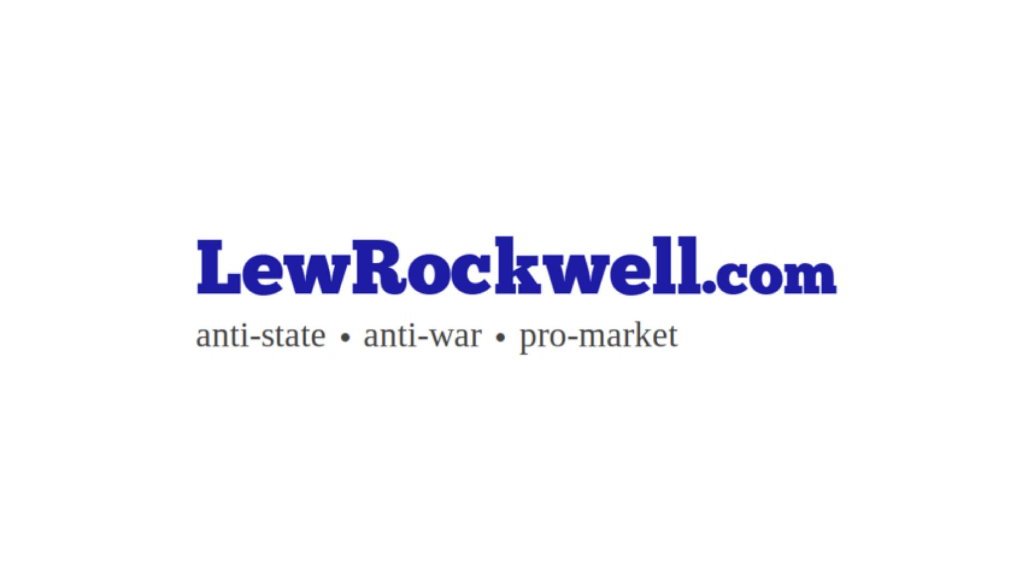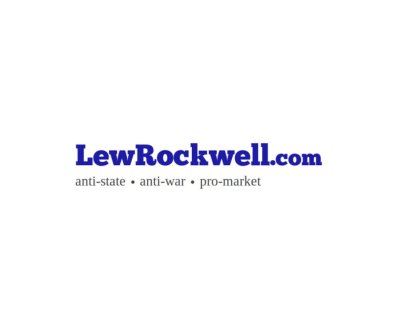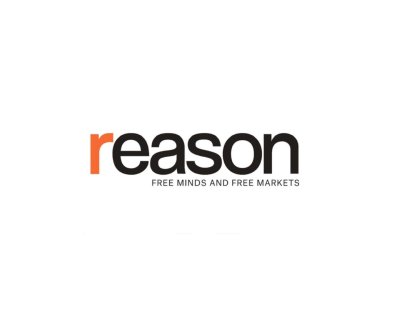Does the Fed Shave With Occam’s Razor?
Imagine being famous for saying something you never said seven centuries after your death. What has come to be known as Occam’s razor — “entities are not to be multiplied beyond necessity” — has been attributed to English philosopher and theologian William of Occam (1287-1347), though he never used those exact words in his writing. According to conceptually.org,
Occam’s razor (also known as the ‘law of parsimony’) is a philosophical tool for ‘shaving off’ unlikely explanations. Essentially, when faced with competing explanations for the same phenomenon, the simplest is likely the correct one.
Occam’s principle has been reformulated many times before and after Occam himself presented it, beginning with Aristotle (“Nature operates in the shortest way possible”), but the value of parsimonious explanations in some form has been preserved up to the present as an invaluable tool of explanation. Einstein is credited with expressing it as “Everything should be made as simple as possible, but no simpler.” Da Vinci recommended mimicking Nature in whose works “nothing is wanting, and nothing is superfluous.” And since WW II, in keeping with the principle itself, KISS (“Keep it simple, stupid”) has become the modern world’s acronym for it.
The theory describes a desirable goal in any undertaking — everything necessary, nothing superfluous. With this in mind, how should we evaluate the Federal Reserve System? Is it a streamlined agency purporting to provide the American economy with all its monetary needs? Did it replace a flawed system that was causing havoc? Was it an improvement over anything the economy has ever had? Since an economy includes people who work and trade, was there a public outcry for monetary reform?
To answer these questions we need to look at the Fed’s goals, and for those we find on its slick website a straightforward statement: The Federal Reserve, the central bank of the United States, provides the nation with a safe, flexible, and stable monetary and financial system. If we dig a little we find under “The Fed Explained” the 11th edition of its purposes and functions, though it’s no longer called that. Also, for those who are upset over the Fed’s private character, note that the top level domain is .gov, not .org, .com
Article from LewRockwell

LewRockwell.com is a libertarian website that publishes articles, essays, and blog posts advocating for minimal government, free markets, and individual liberty. The site was founded by Lew Rockwell, an American libertarian political commentator, activist, and former congressional staffer. The website often features content that is critical of mainstream politics, state intervention, and foreign policy, among other topics. It is a platform frequently used to disseminate Austrian economics, a school of economic thought that is popular among some libertarians.




